১৩ ফাল্গুন ১৪৩২
Bangladesh Has Greatly Reduced Poverty Since 2010, Says World Bank Report
26 November 2025 00:11 AM
NEWS DESK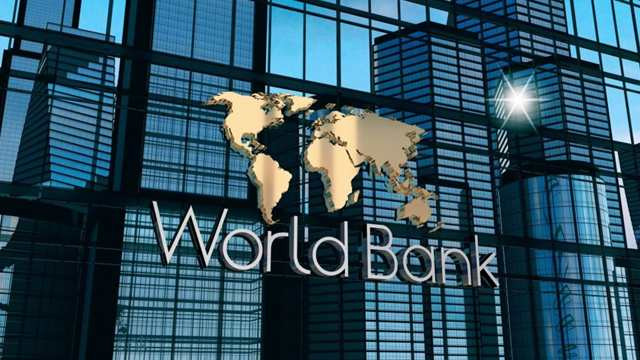
Bangladesh has made remarkable progress in reducing poverty between 2010 and 2022, with 22 million people moving above the poverty line and another 9 million escaping extreme poverty, according to a World Bank report released on Tuesday.
The report highlights significant improvements in living standards, including better access to electricity, education, and sanitation services.
However, it notes that the pace of poverty reduction has slowed since 2016, while economic growth has become less inclusive.
The report, titled “Poverty and Equity Assessment of Bangladesh 2025,” states that extreme poverty fell from 12.2 percent in 2010 to 5.6 percent in 2022. Moderate poverty declined from 37.1 percent to 18.7 percent over the same period.
Despite this progress, around 62 million people—nearly one-third of the population—remain vulnerable to falling back into poverty due to illness, natural disasters, or other unexpected shocks.
Since 2016, Bangladesh’s economic growth trajectory has shifted, becoming comparatively less inclusive. The gains of economic growth have increasingly benefited the wealthier segments of society, leading to rising income inequality. Rural areas, driven largely by the agriculture sector, led the progress in poverty reduction. In contrast, the rate of poverty reduction in urban areas slowed. By 2022, one in every four Bangladeshis was living in a city.
Jean-Pascal Pame, World Bank Country Director for Bangladesh and Bhutan, said Bangladesh has long been recognized for its success in reducing poverty. But a changing global landscape, climate risks, and a slowdown in job creation have contributed to reduced labor income, posing new challenges.
He emphasized that traditional approaches alone will no longer accelerate poverty reduction. Job creation—particularly for youth, women, and vulnerable populations—remains the most effective way to reduce poverty and ensure dignity for all, he said. To ensure inclusive and sustainable growth, Bangladesh must adopt strategies that are poverty-friendly, climate-resilient, and employment-focused.







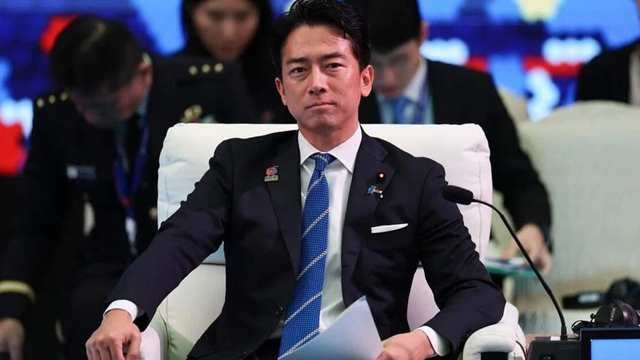

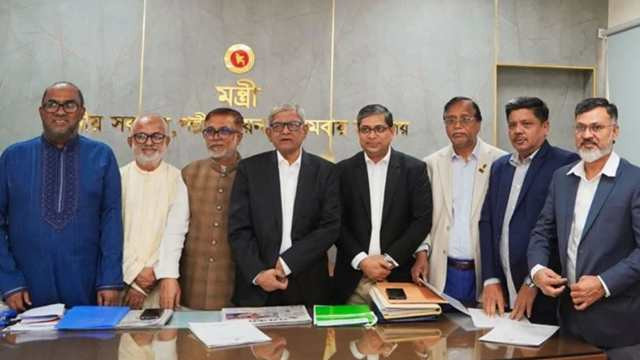
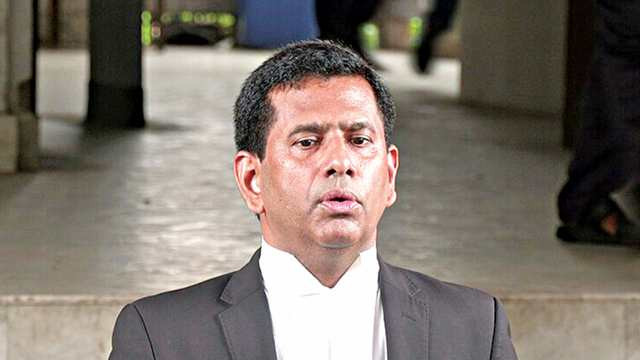
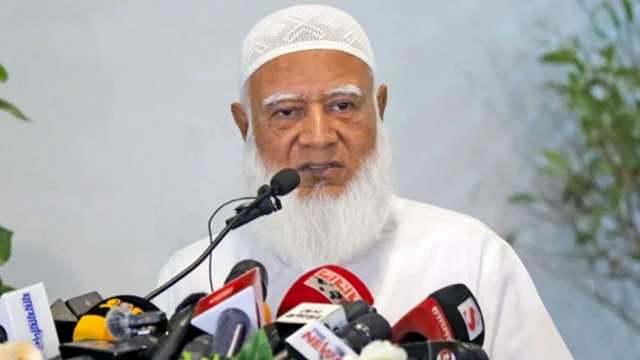
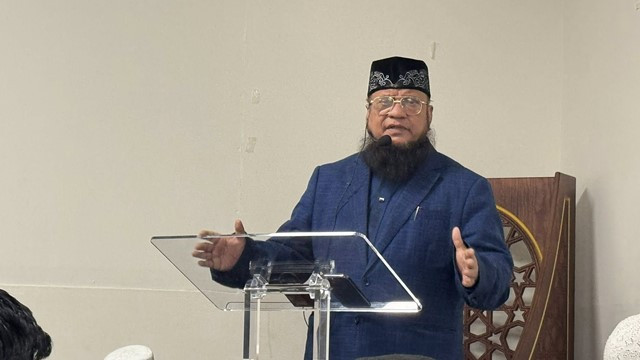
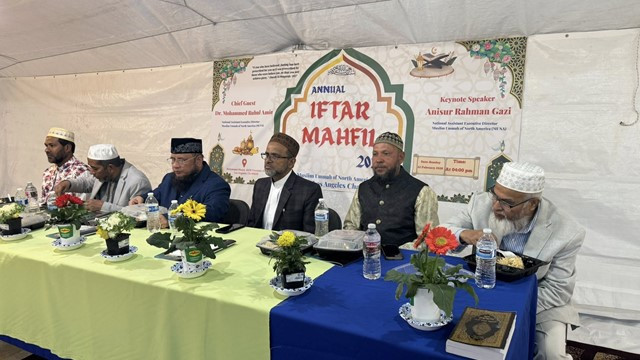

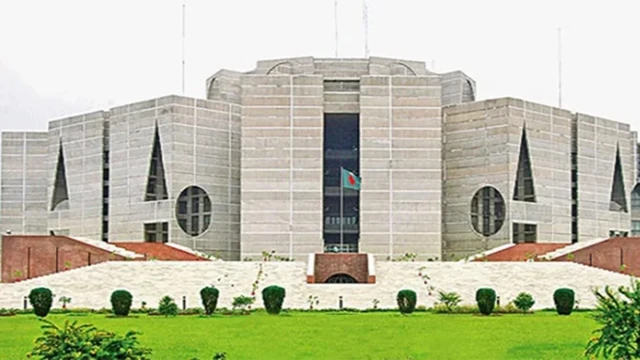
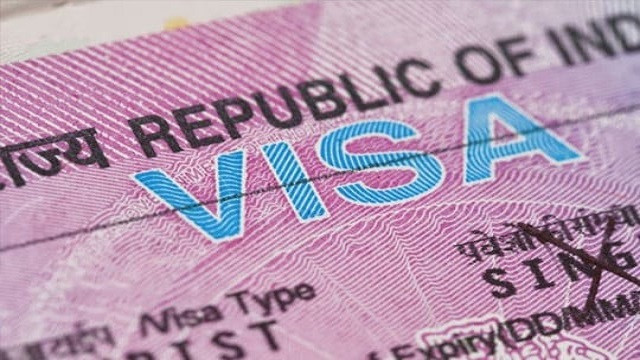
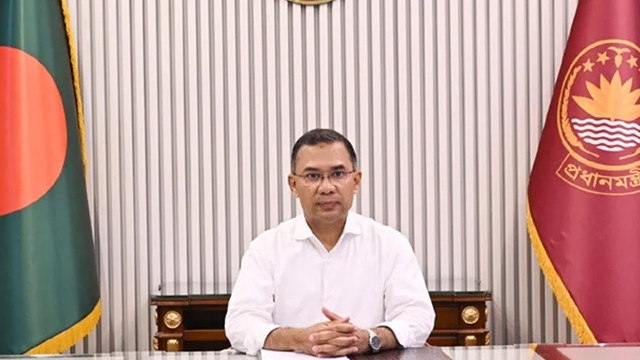
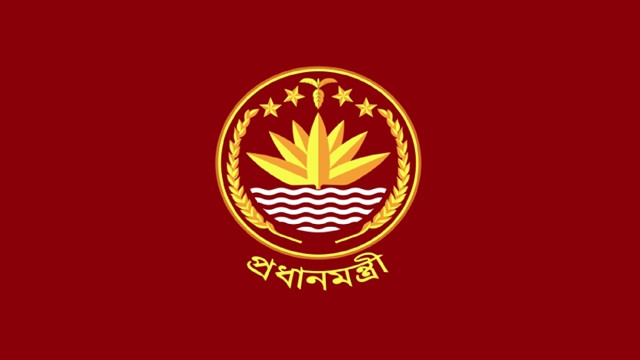
Comments Here: